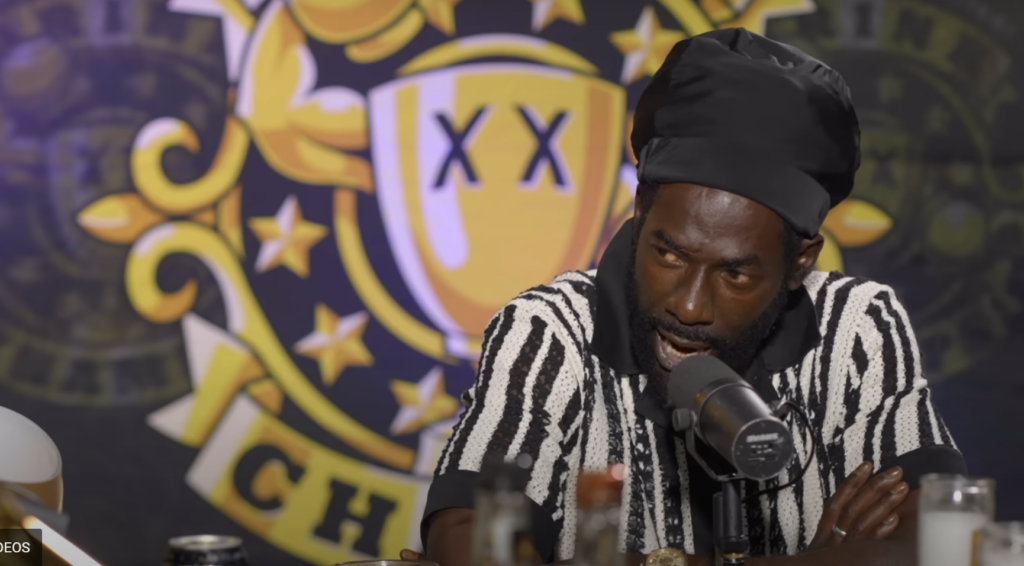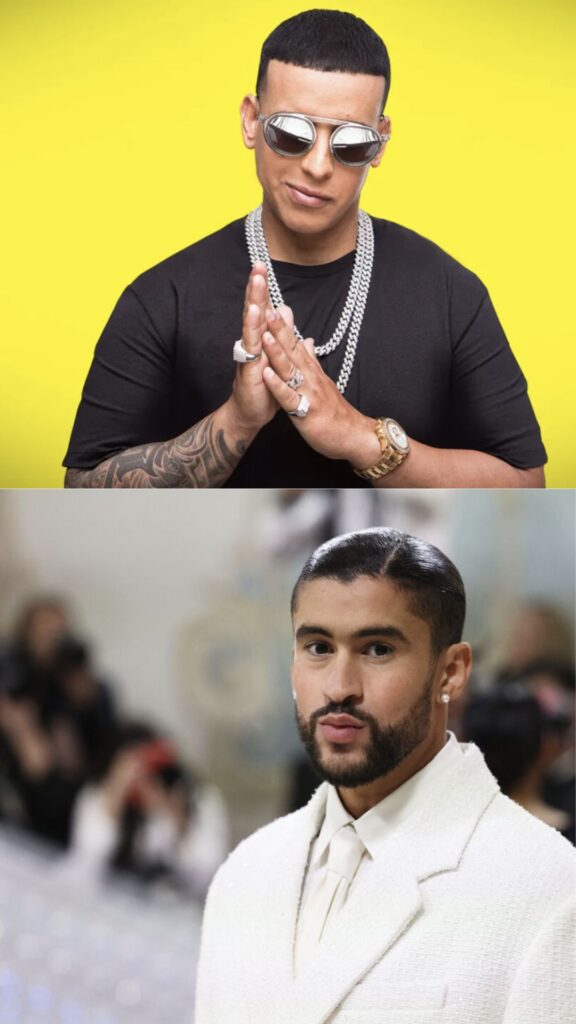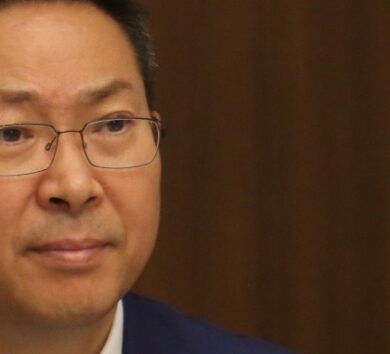

Reggae legend Buju Banton (Mark Myrie) recently spoke with the Drink Champs podcast, where he brashly stated that Afrobeats lacked social commentary and substance. He asserted that Arobeats and reggaeton stole from reggae without proper accreditation.
I have to disagree with Banton on his Afrobeats take. He is grossly oversimplifying the genre. I think he might hold a bit of bias from online discourse that often compares the success of the two genres. Reducing Afrobeats as lacking substance or being a reggae knock-off overlooks its unique characteristics and contributions to the global music scene.
Afrobeats is an umbrella term that encapsulates West African sounds with popular styles borrowed from hip-hop and dancehall. It fuses Nigerian genres like hiplife, highlife, azonto music, and naija beats. Performers like Burna Boy and Wizkid have acknowledged the influence of reggae and dancehall in their music.
Claiming that Afrobeats ‘stole’ from reggae is preposterous as the artistes mentioned above, along with many others have always explicitly stated their love and inspiration from the Jamaican genres. I also think Buju fails to forget that while the music is mainly in English, there is a language barrier in most of these songs including pidgin, Yoruba or Igbo.

The language barrier can cause outsiders to miss certain political contexts. Like any other genre, Afrobeats can offer social commentary. Burna Boy’s song 20.10.20 serves as a memoir of the brutality inflicted upon protesters during the anti-police brutality demonstrations known as ‘#EndSARS’.
However, the Last Last singer expressed Buju’s sentiment that Afrobeats has no substance.
Speaking with Apple Music in 2023 he said: “Half of them, 90 per cent of them, have almost no real-life experiences that they can understand, which is why you hear most Nigerian music, African Music, or Afrobeats, as people call it, is mostly about nothing, literally nothing, I don’t think this is an Afrobeat issue, this is an issue about music worldwide.”
Younger artistes don’t want to focus on all that’s wrong with the world or risk their music being ‘political’; sometimes they just want to vibe. TikTok also accelerates this problem as people aren’t looking to be the next Nelson Mandela, they want a catchy, light-hearted song that can push them into the limelight.
While I think Buju was a bit harsh in his opinions, there is some truth to his accusations regarding reggaeton. While I wouldn’t go as far as to say musicians of this genre ‘stole’ concepts of reggae music, I don’t believe that the Jamaican pioneers have been fairly compensated.
The genre originated in the 1980s when Jamaican workers travelled to Panama to aid in the expansion of the Panama Canal. This ultimately led to a fusion of reggae and the Spanish-speaking culture there.

The 1989 Fish Market riddim by dancehall producers Cleveland Browne and Wycliffe Johnson was heavily sampled in the 1990s. Halliburton’s Pounder Dub Mix II, featured the drum patterns from the Fish Market riddim and played a pivotal role in the sound of reggaeton as we know it today.
The entire genre was built off a single on a single beat. Browne and Johnson filed a copyright infringement lawsuit in May this year, targeting over 1,800 reggaeton songs that used the Fish Market drum patterns.
Saying that reggaeton ‘stole’ from reggae is just simplifying the nuances of how music transcends genres and evolves. Music inspires creativity and inspiration, if anything the reggae/reggaeton debate exemplifies cross-cultural exchange in the Caribbean with our Hispanic neighbours.
I understand Buju’s concern and strong opinions on the issue; this is his livelihood and he just wants our culture to be represented and sufficiently acknowledged internationally. But Jamaica has nothing to prove to anyone. We are a dominant cultural powerhouse, despite our small size, and our influence cannot be denied.






Comments